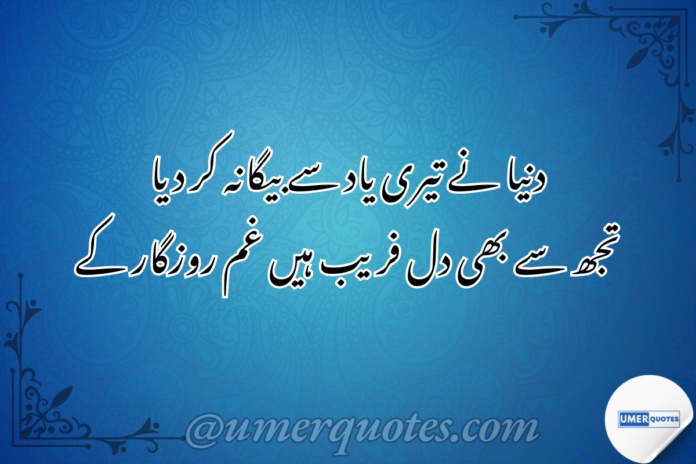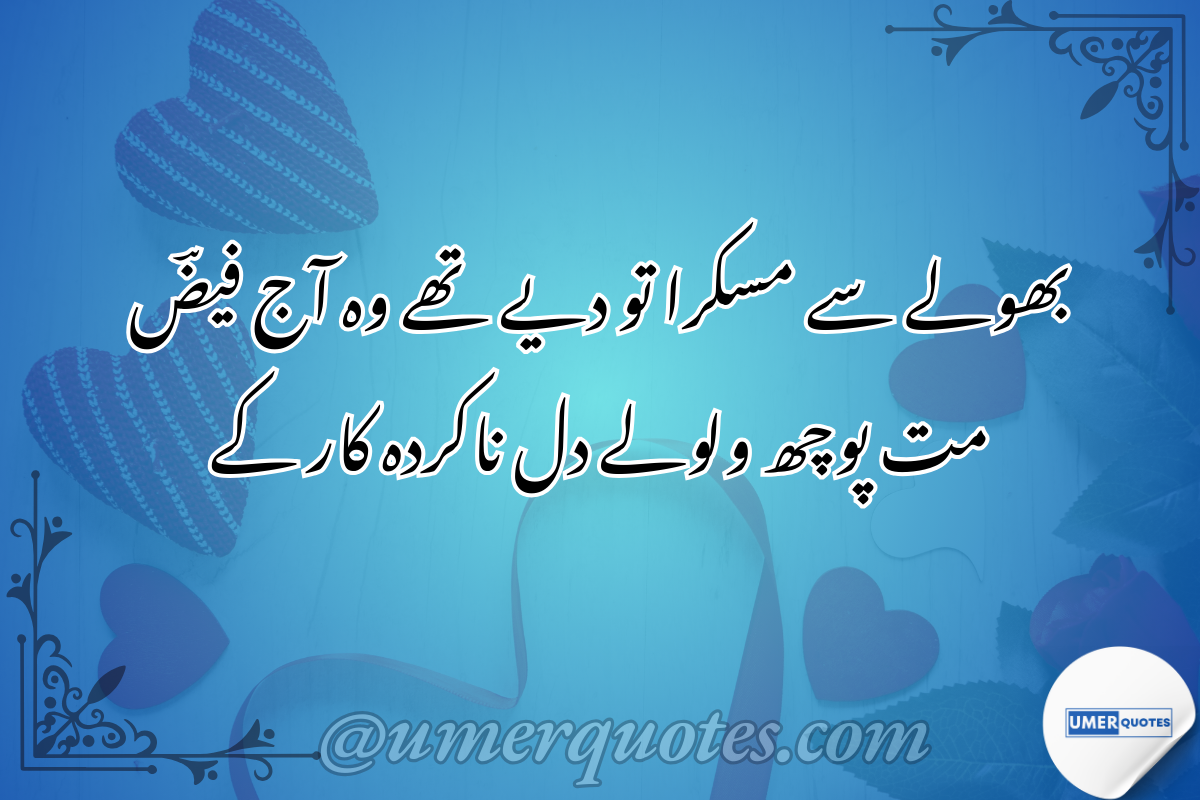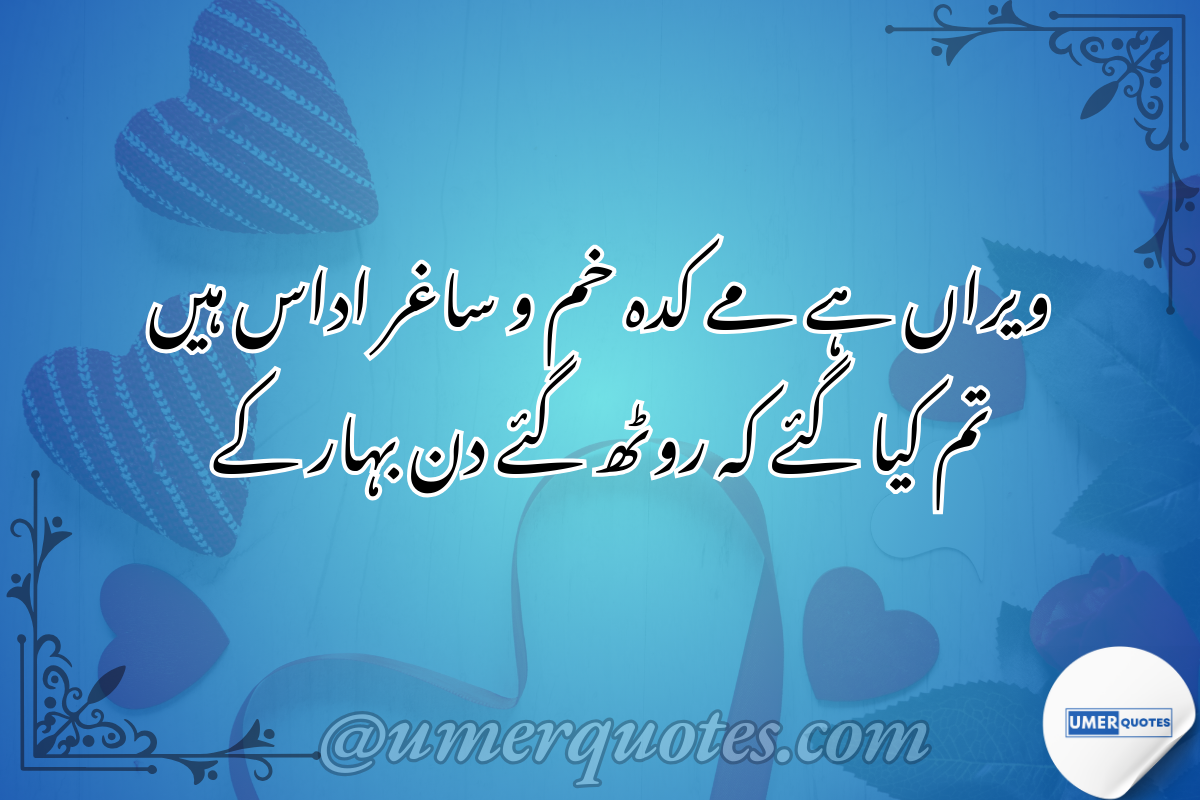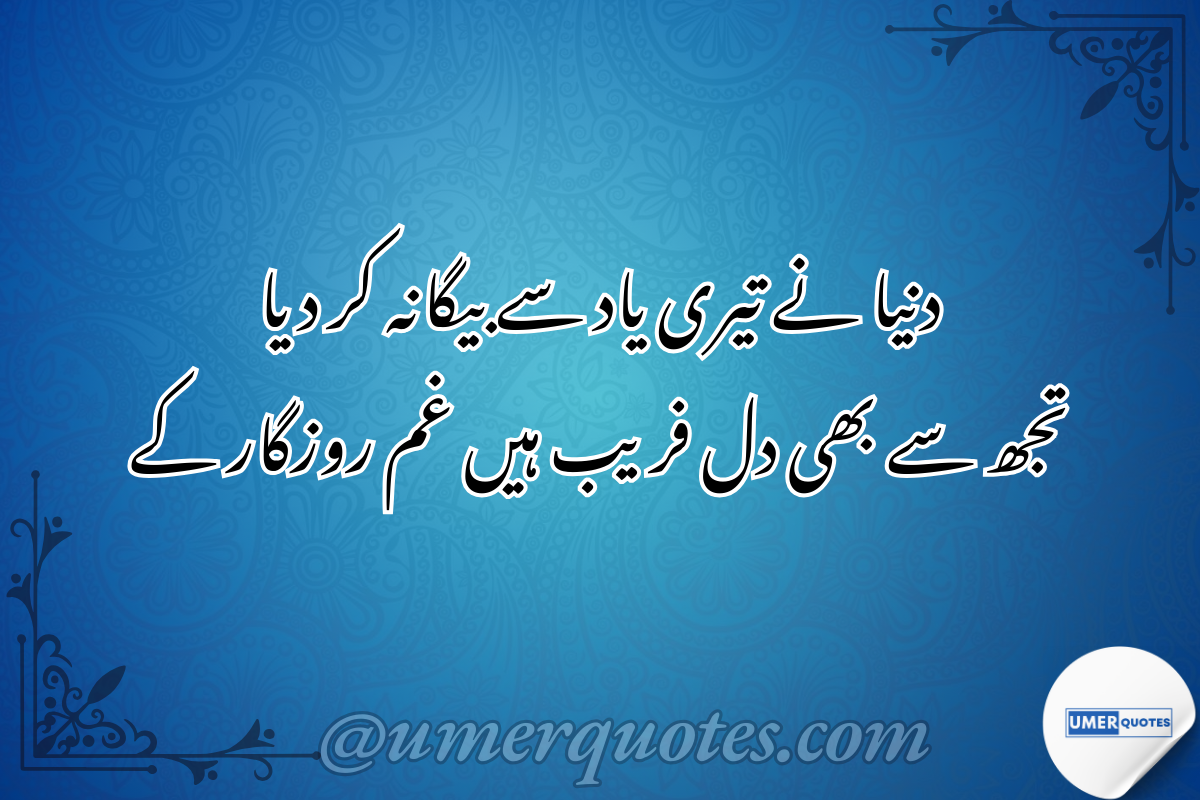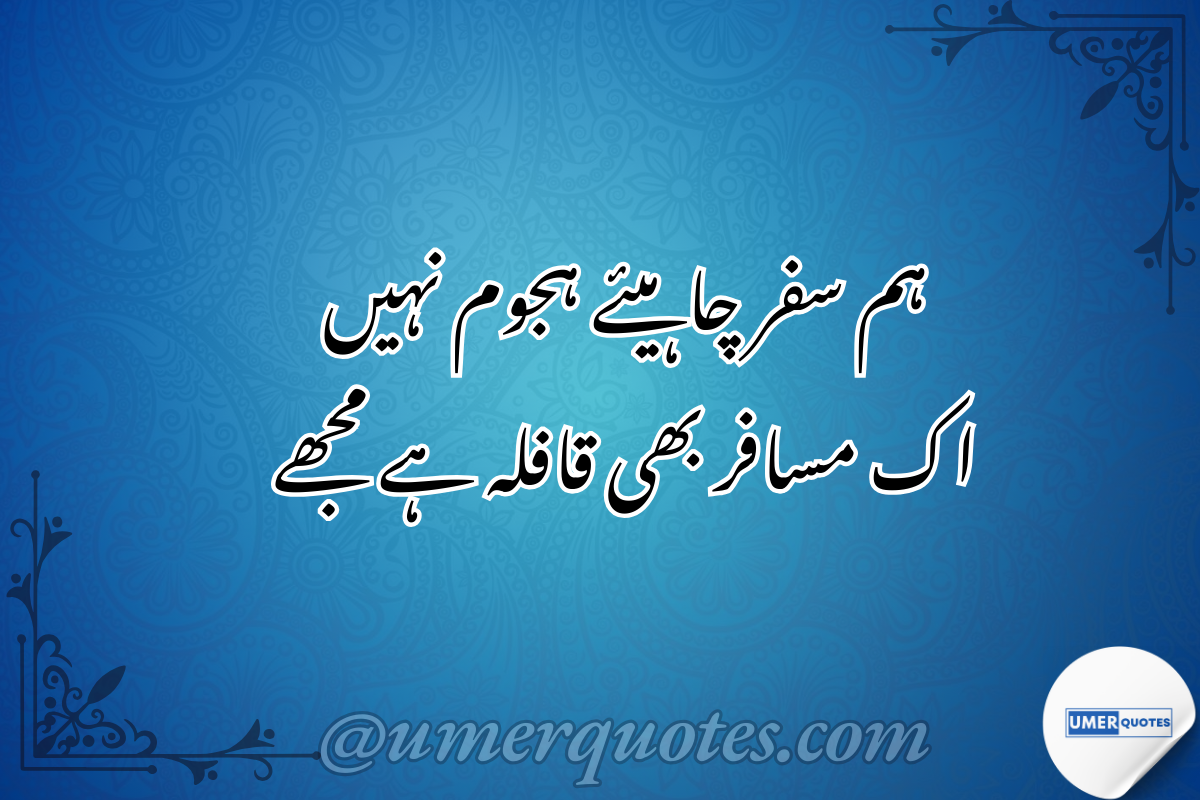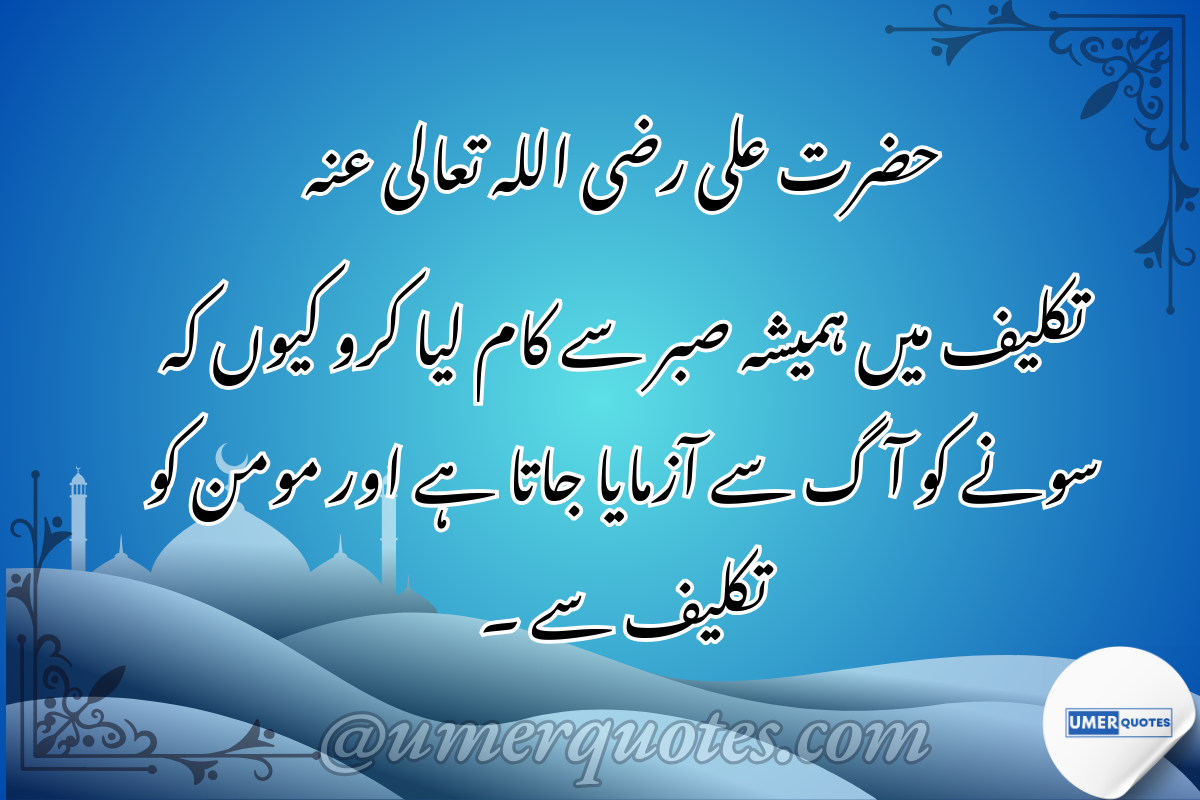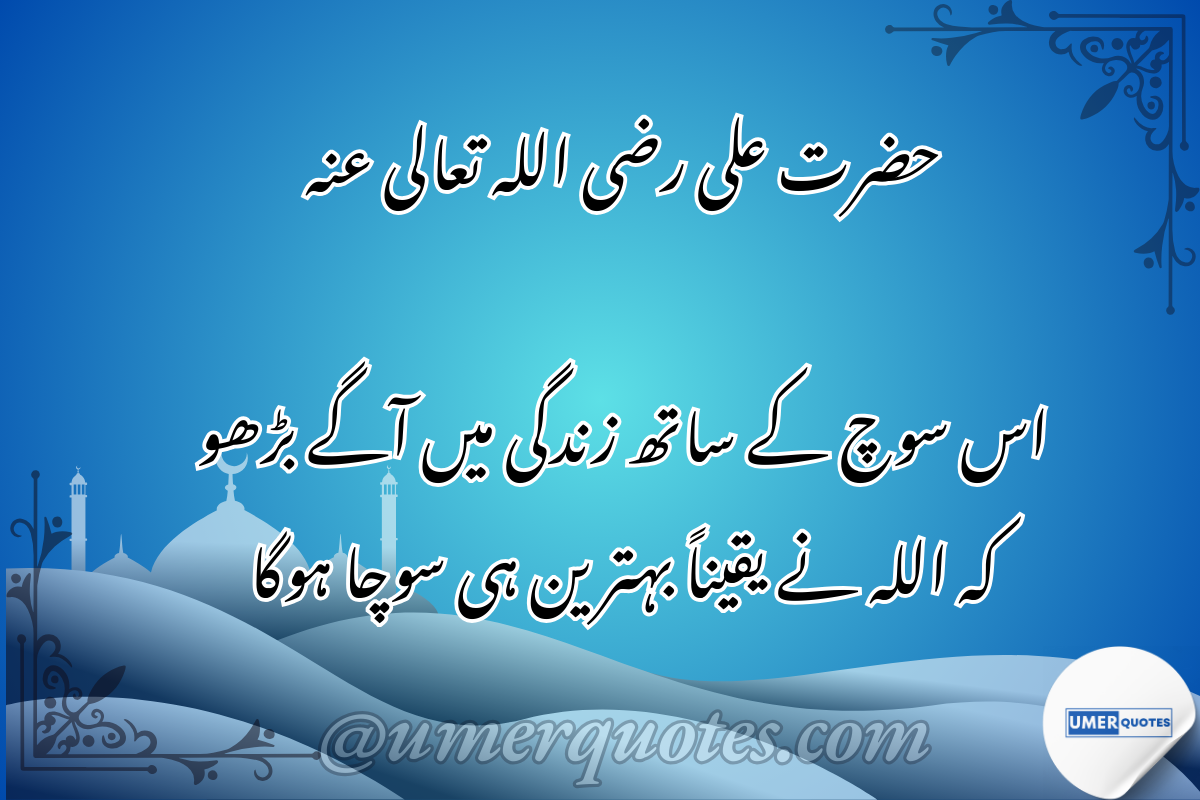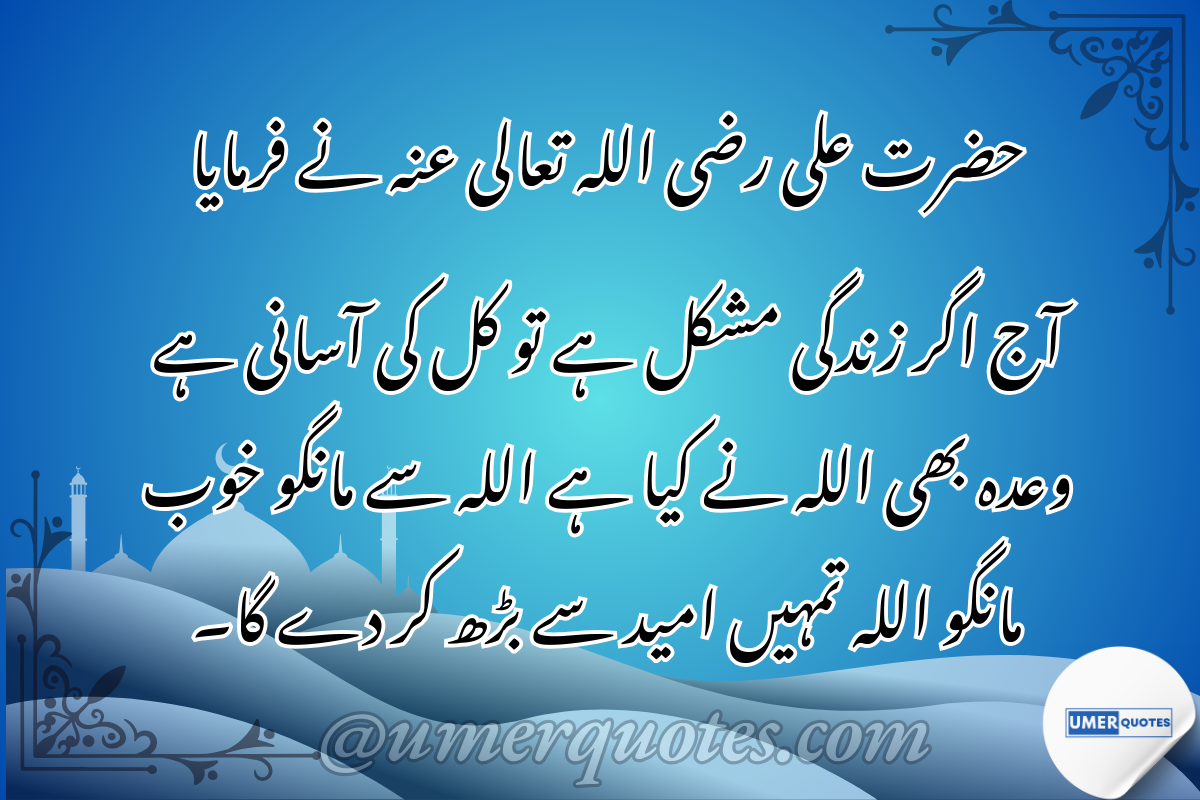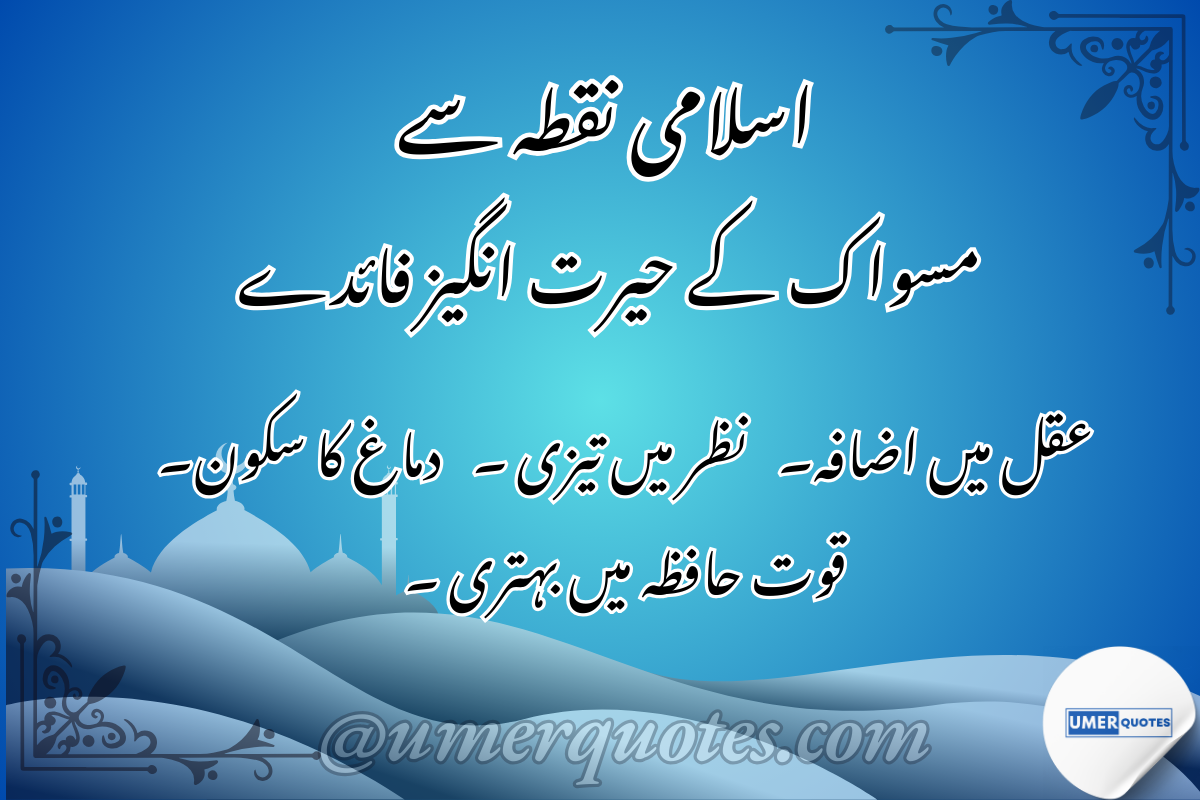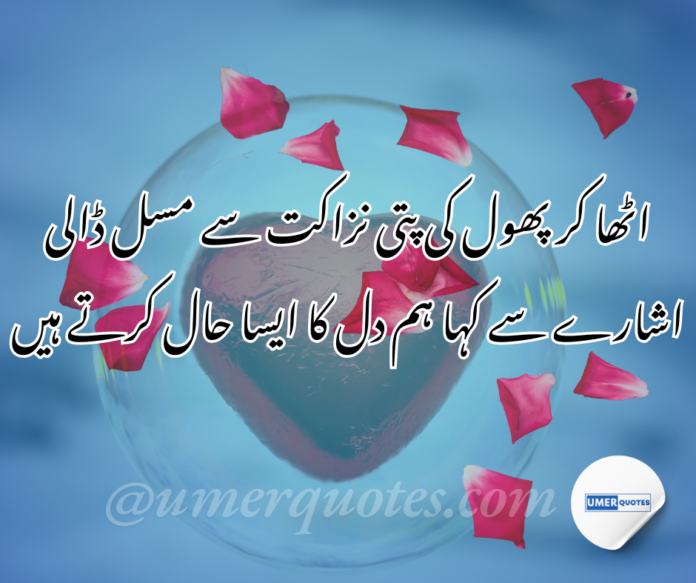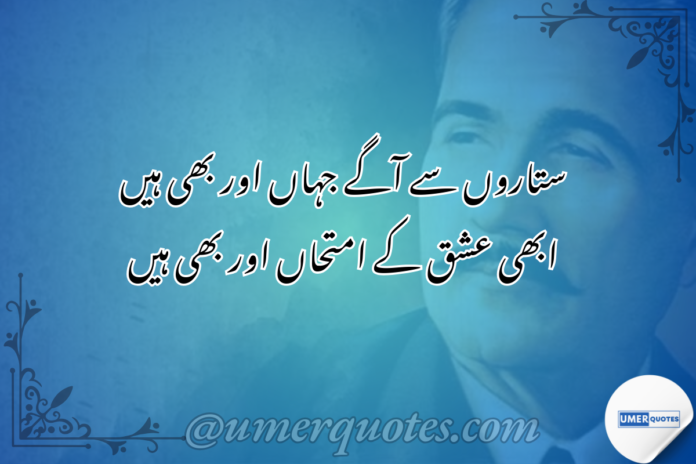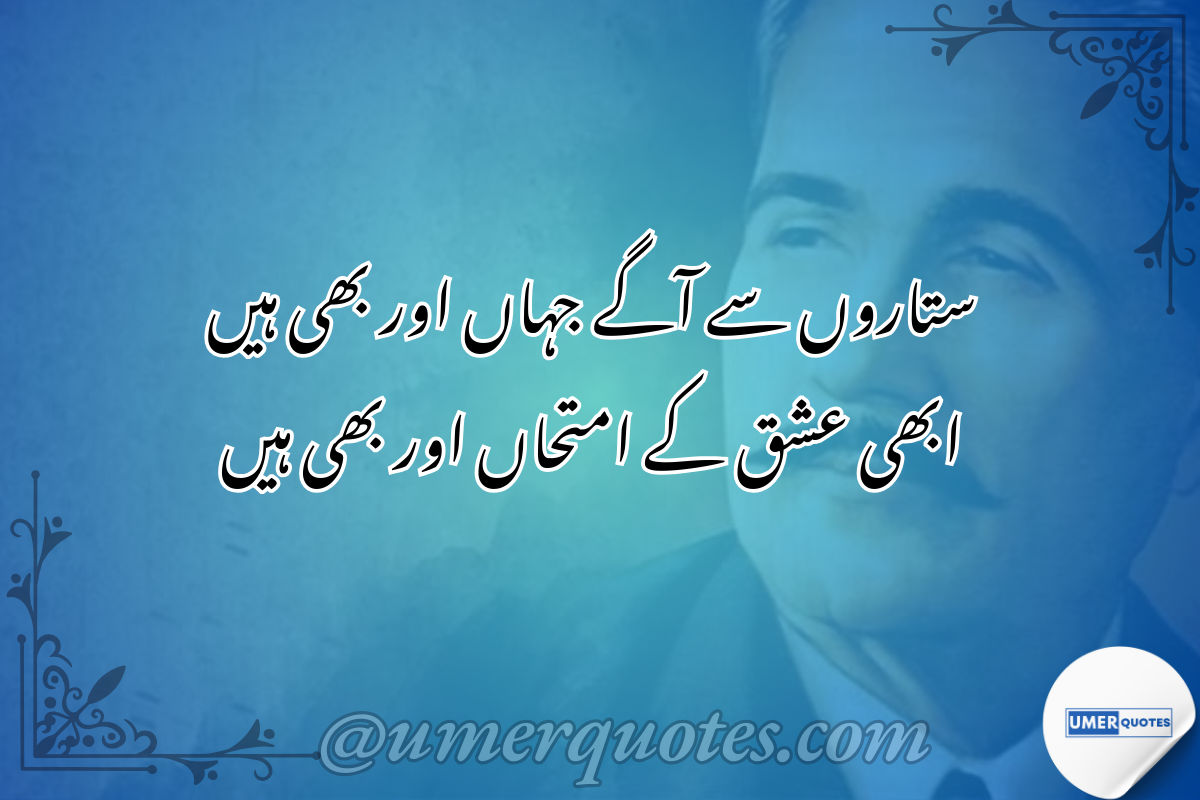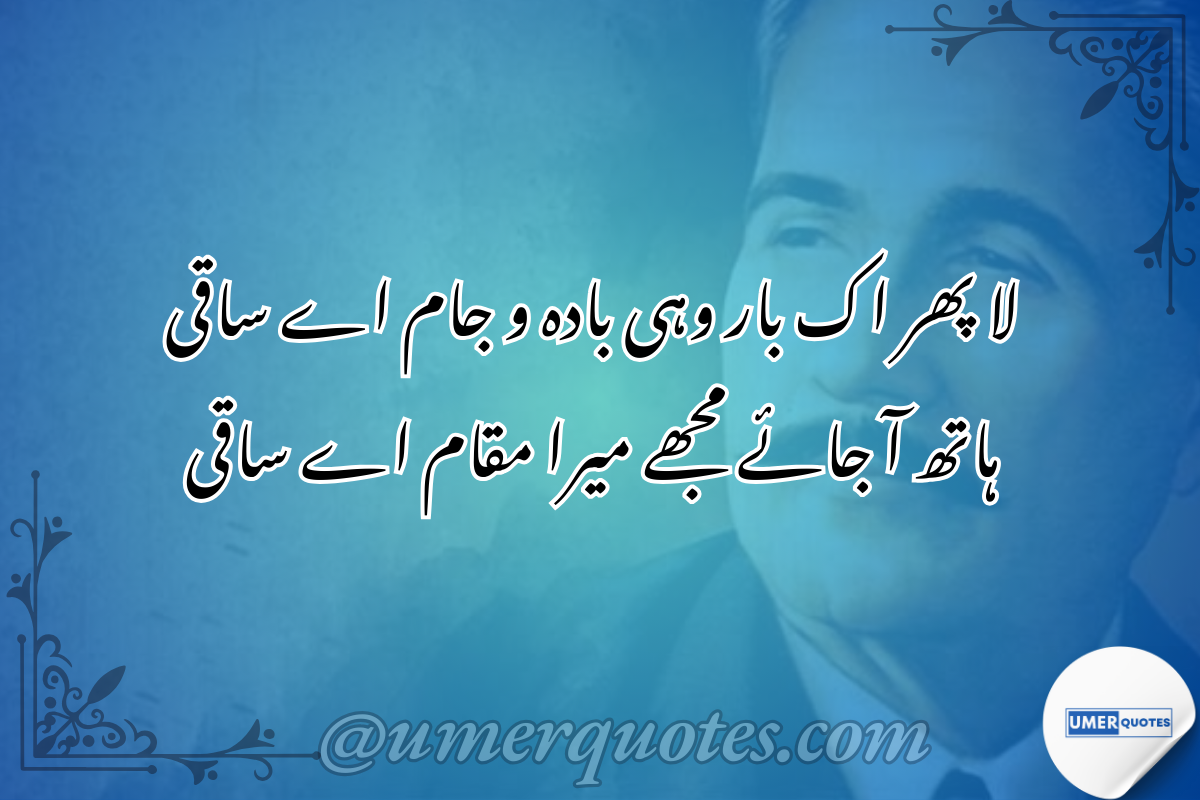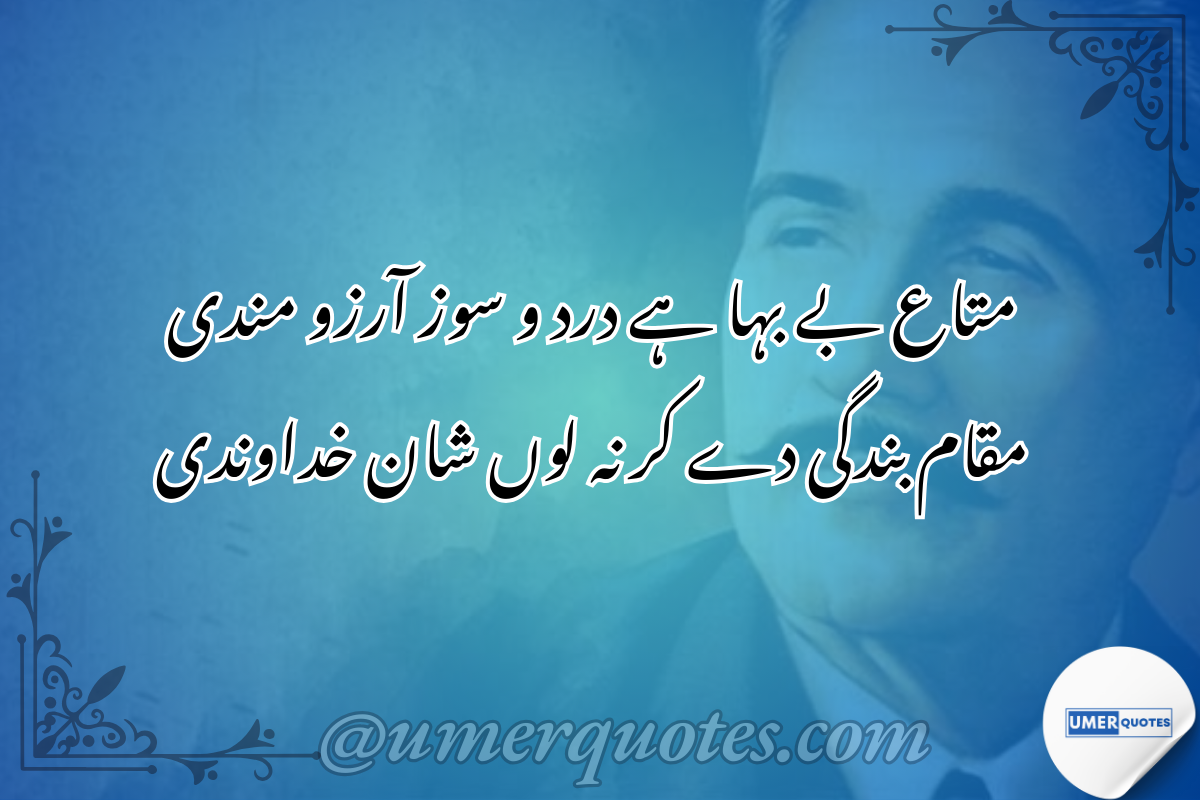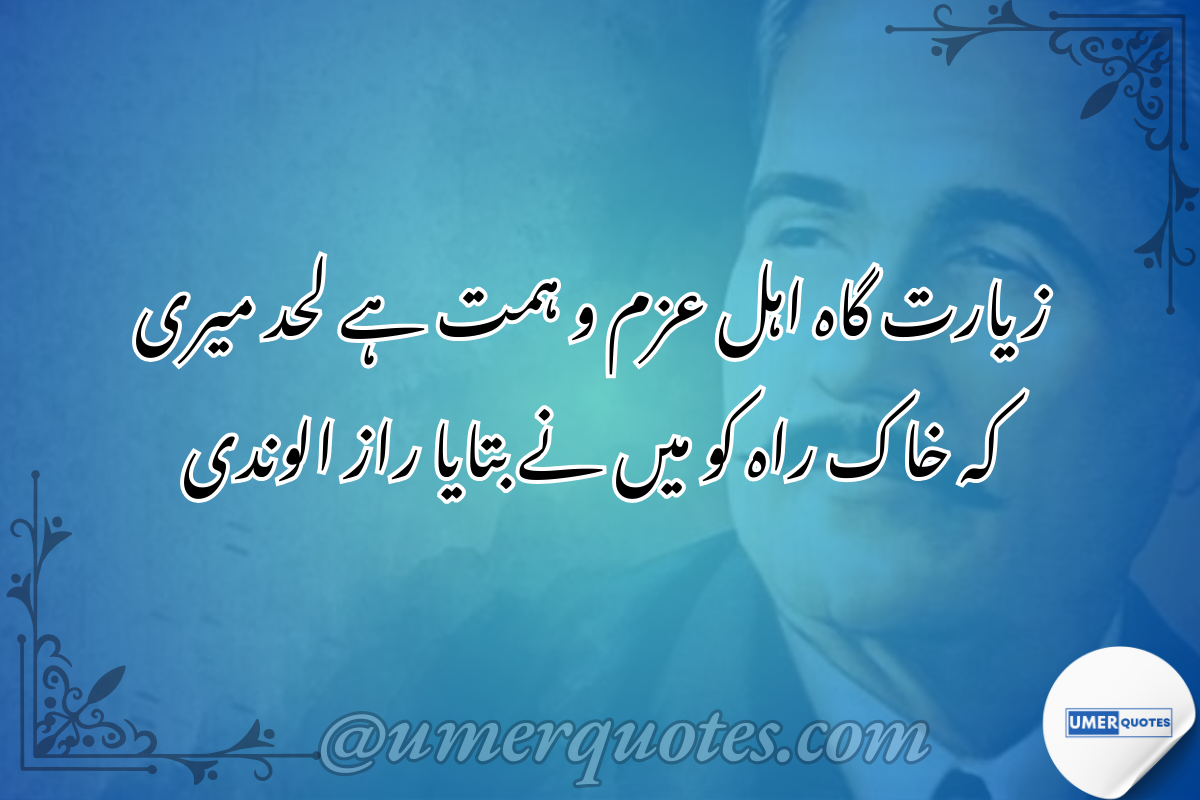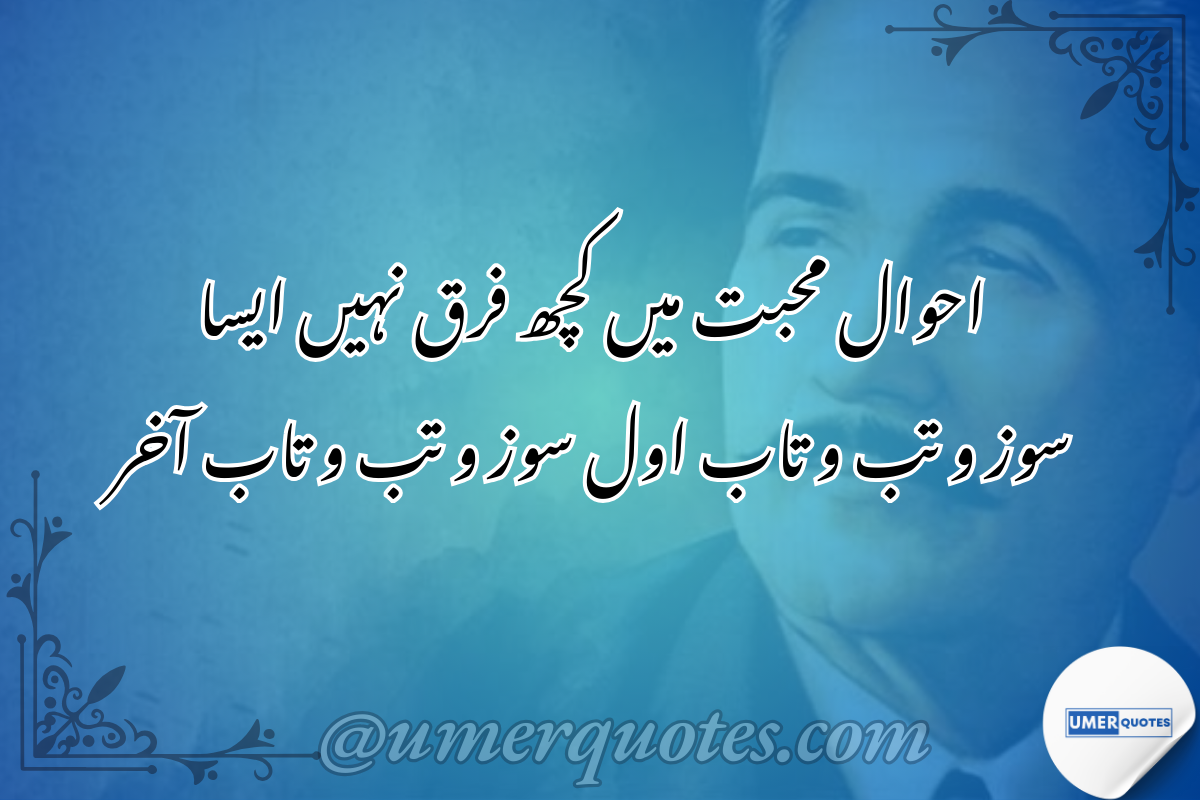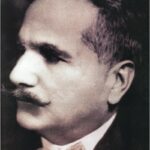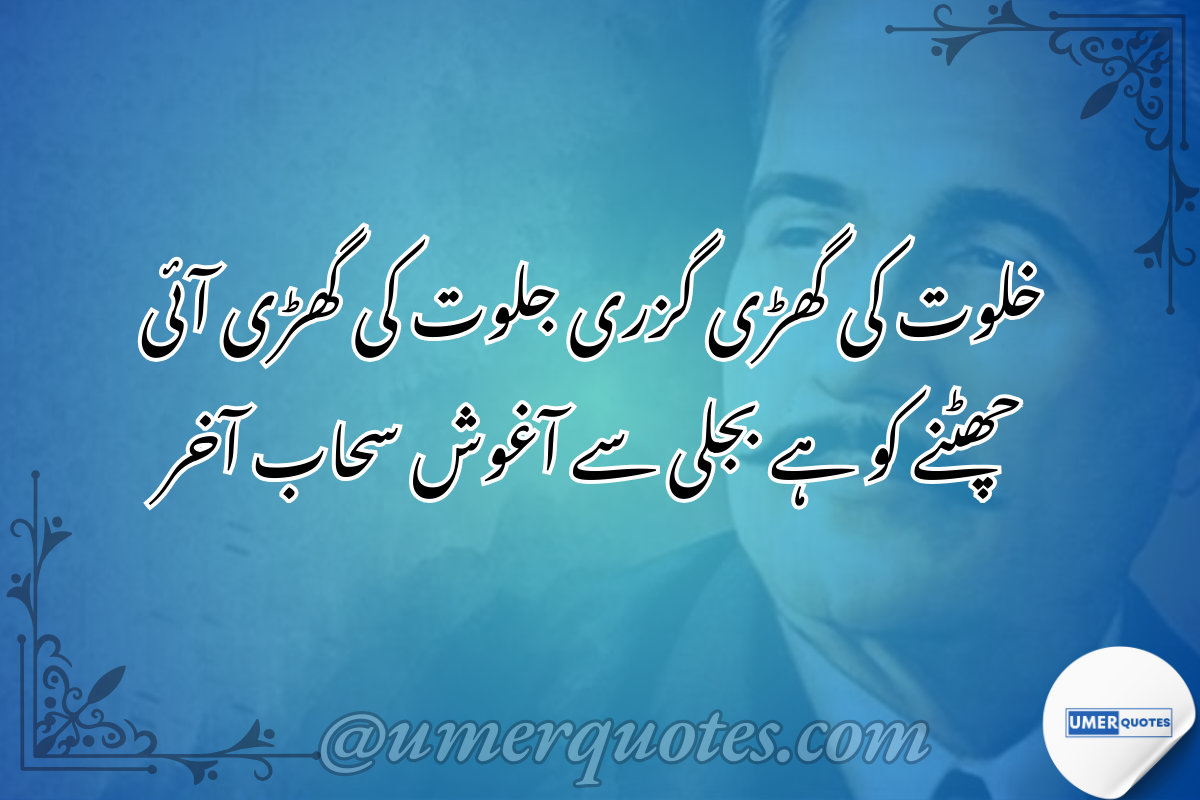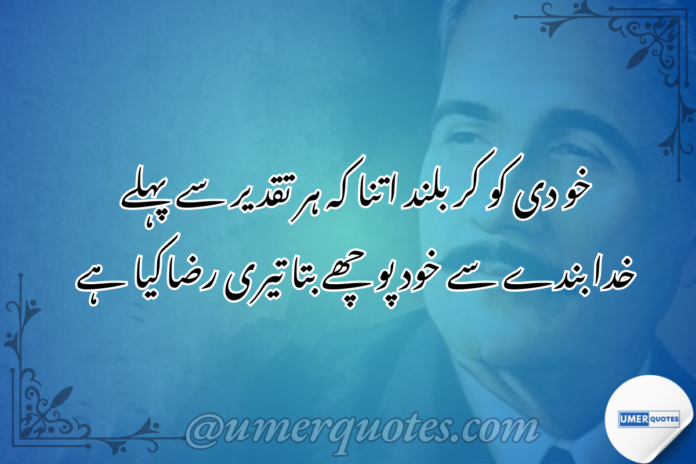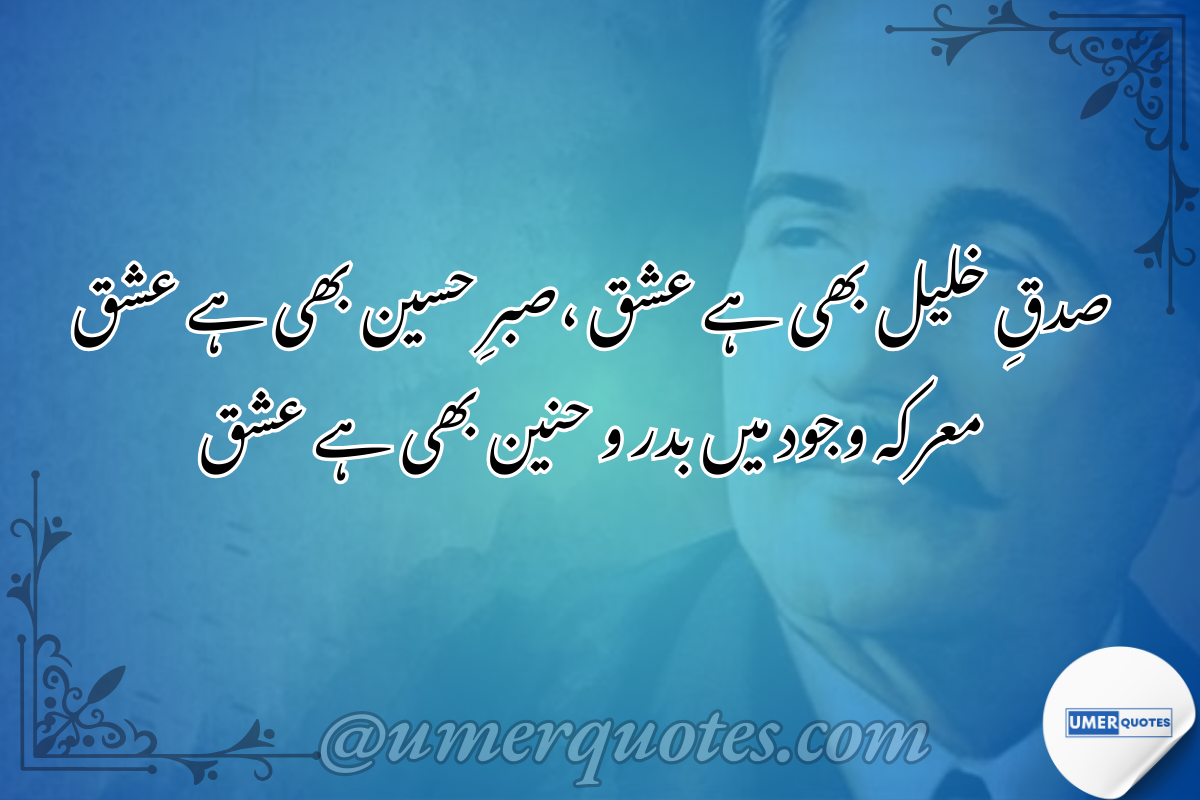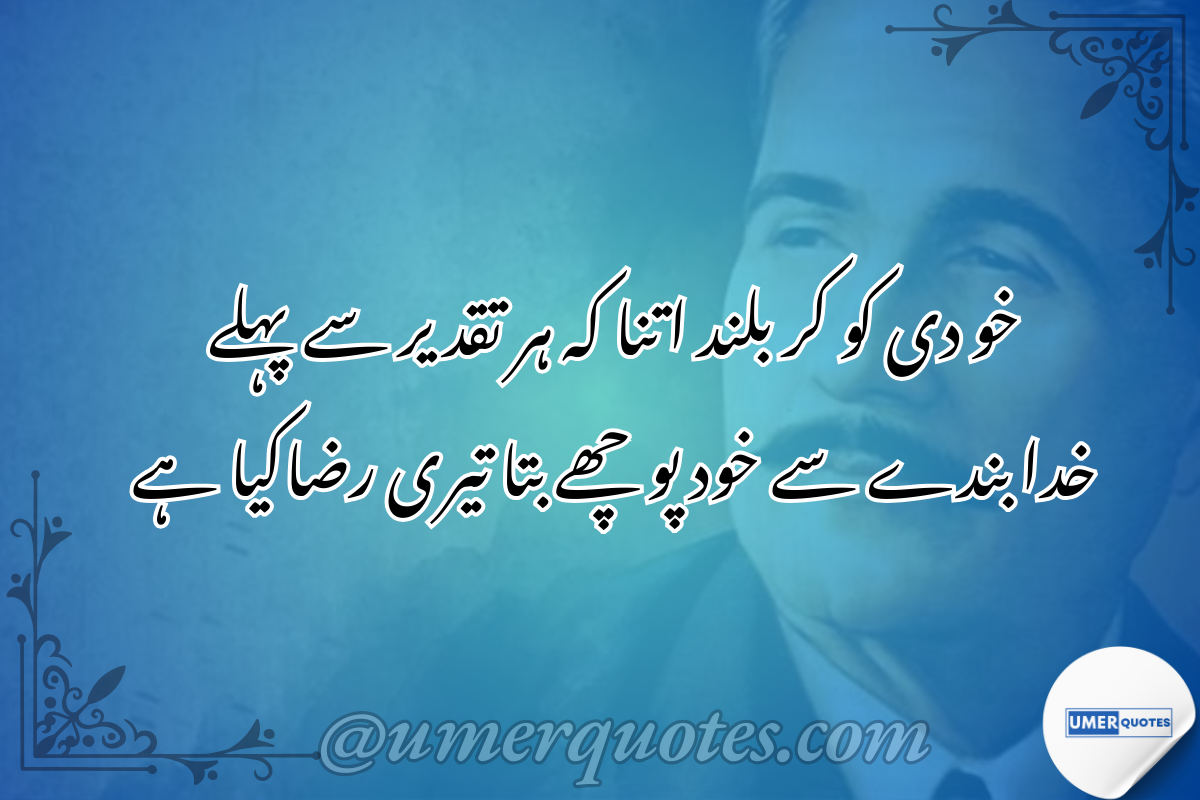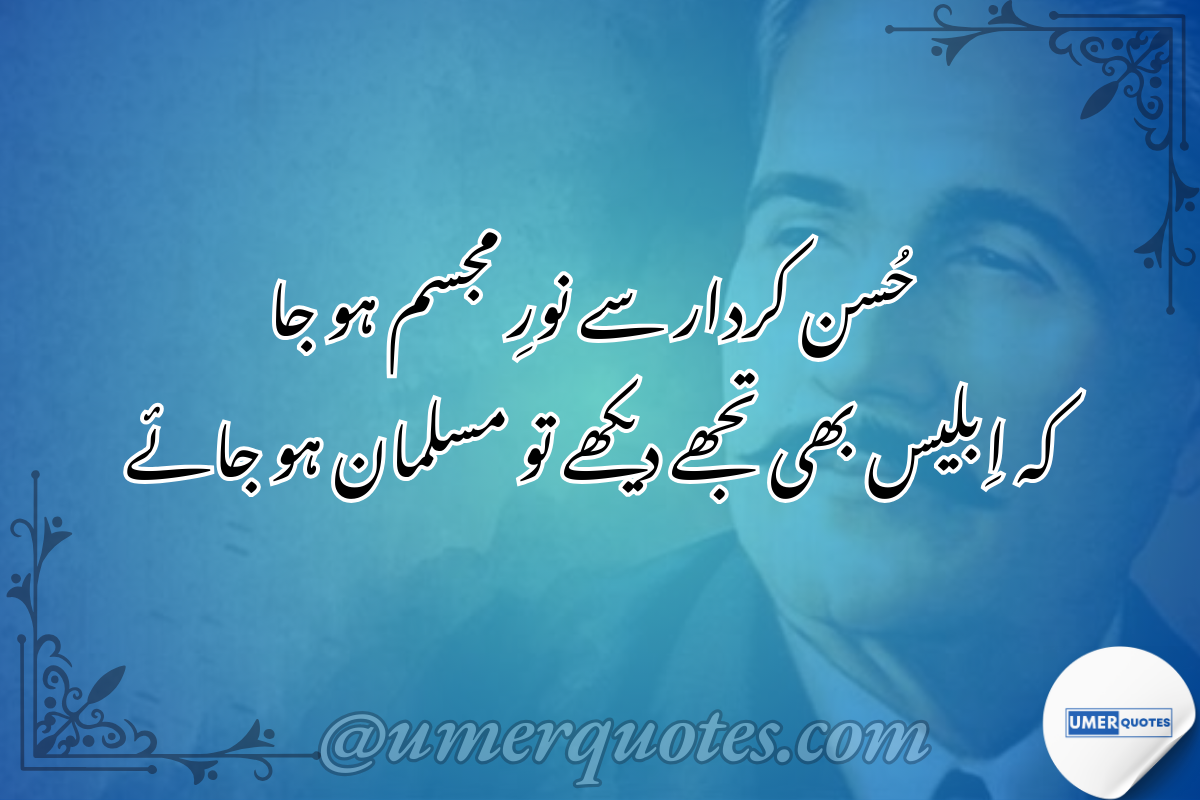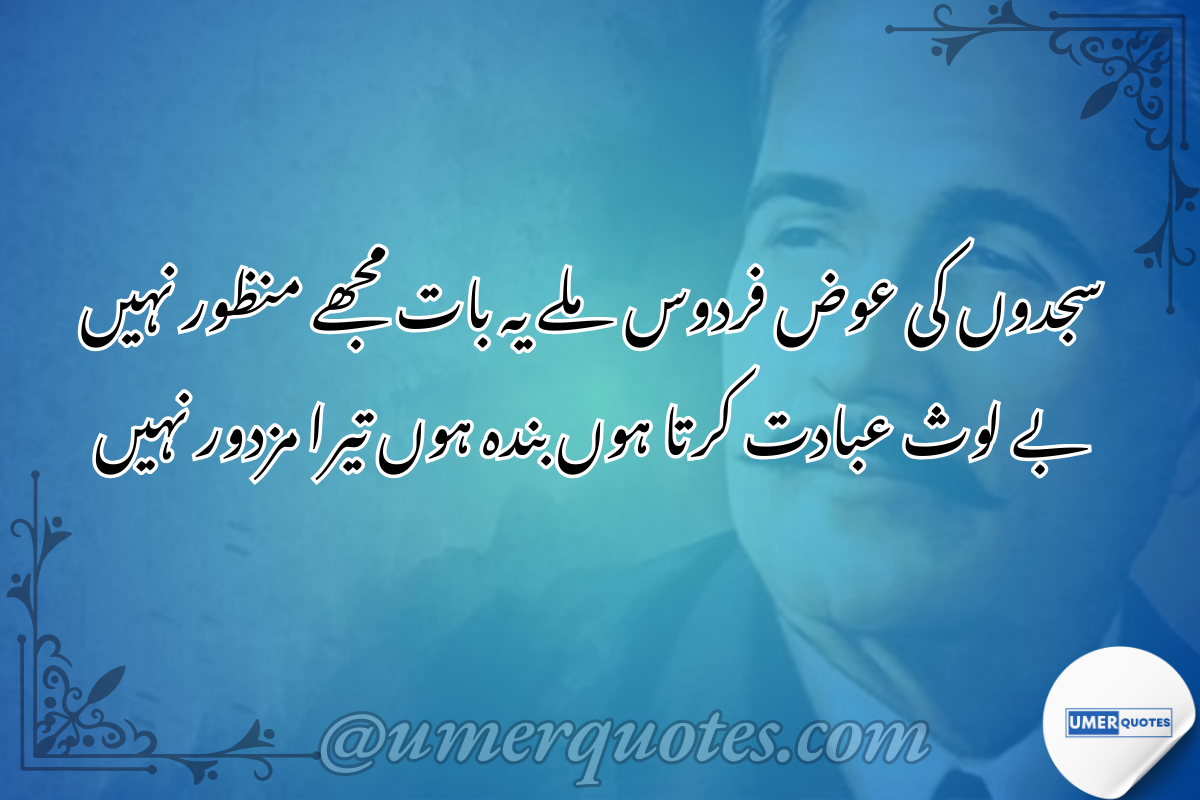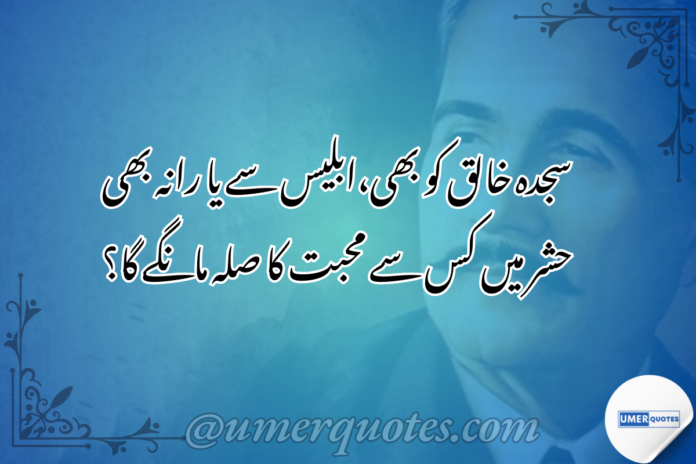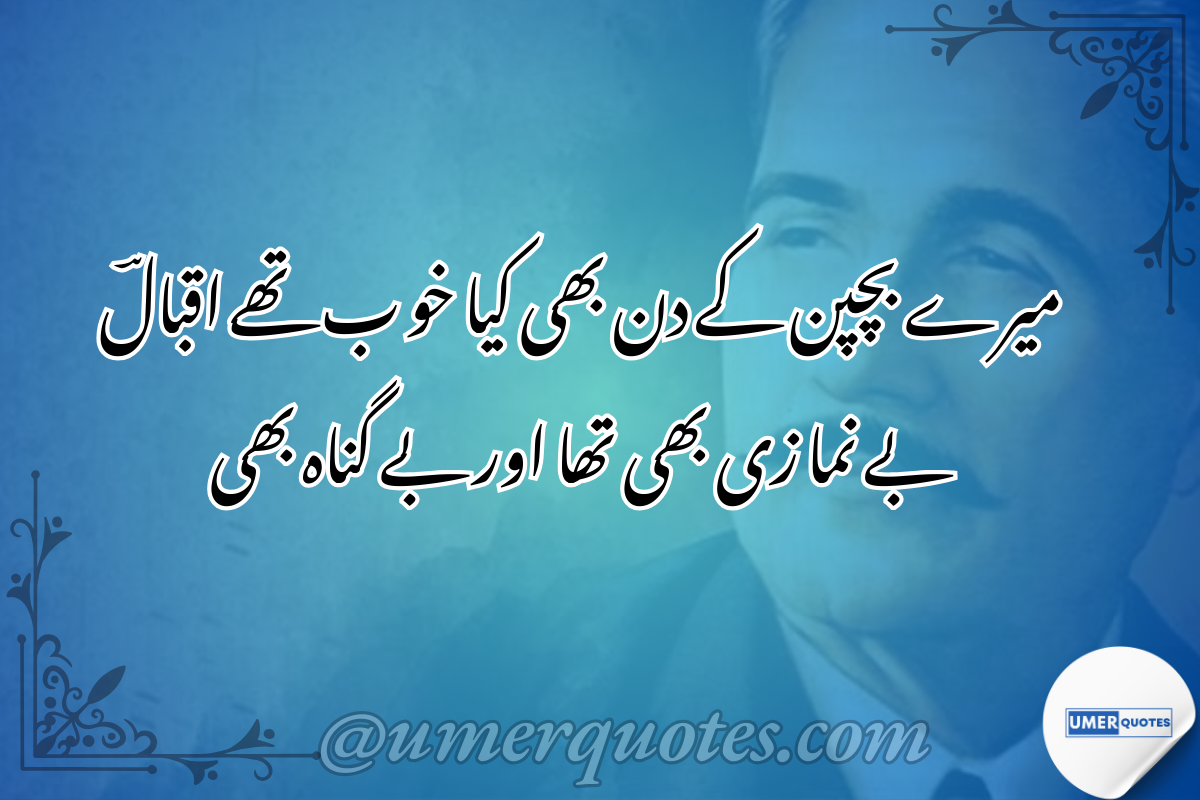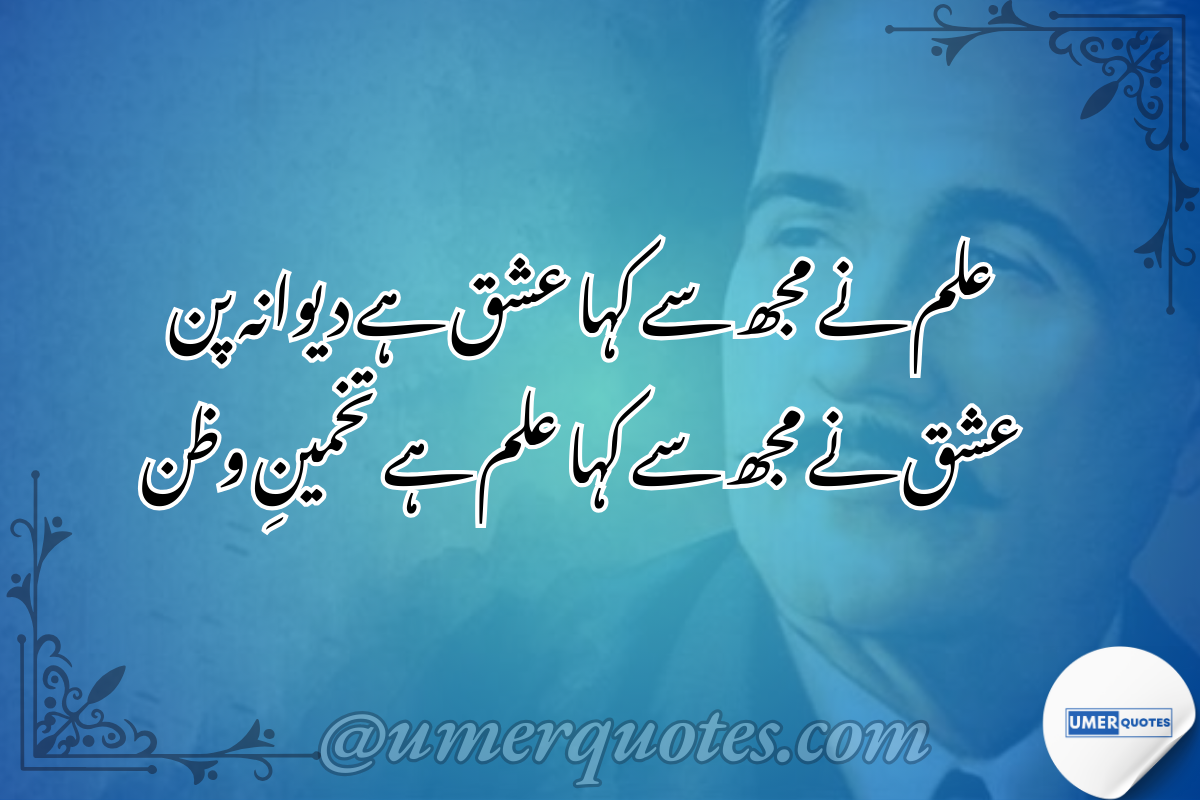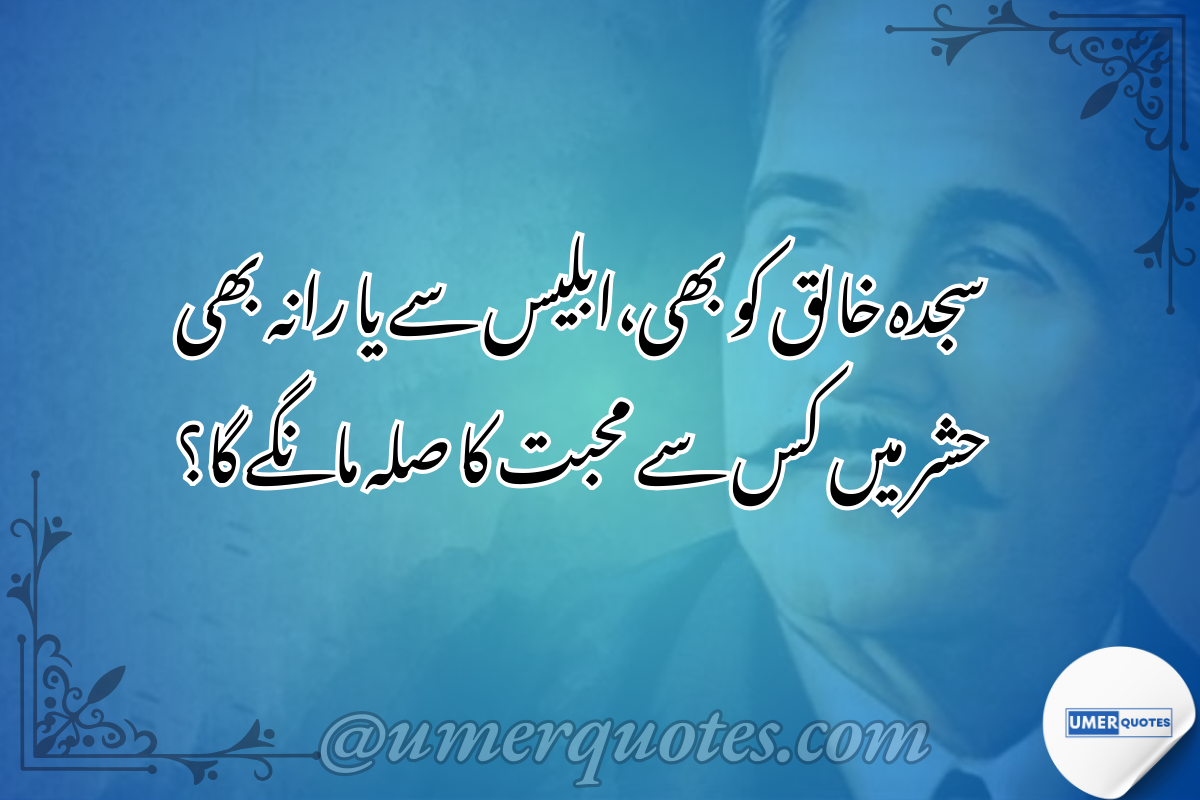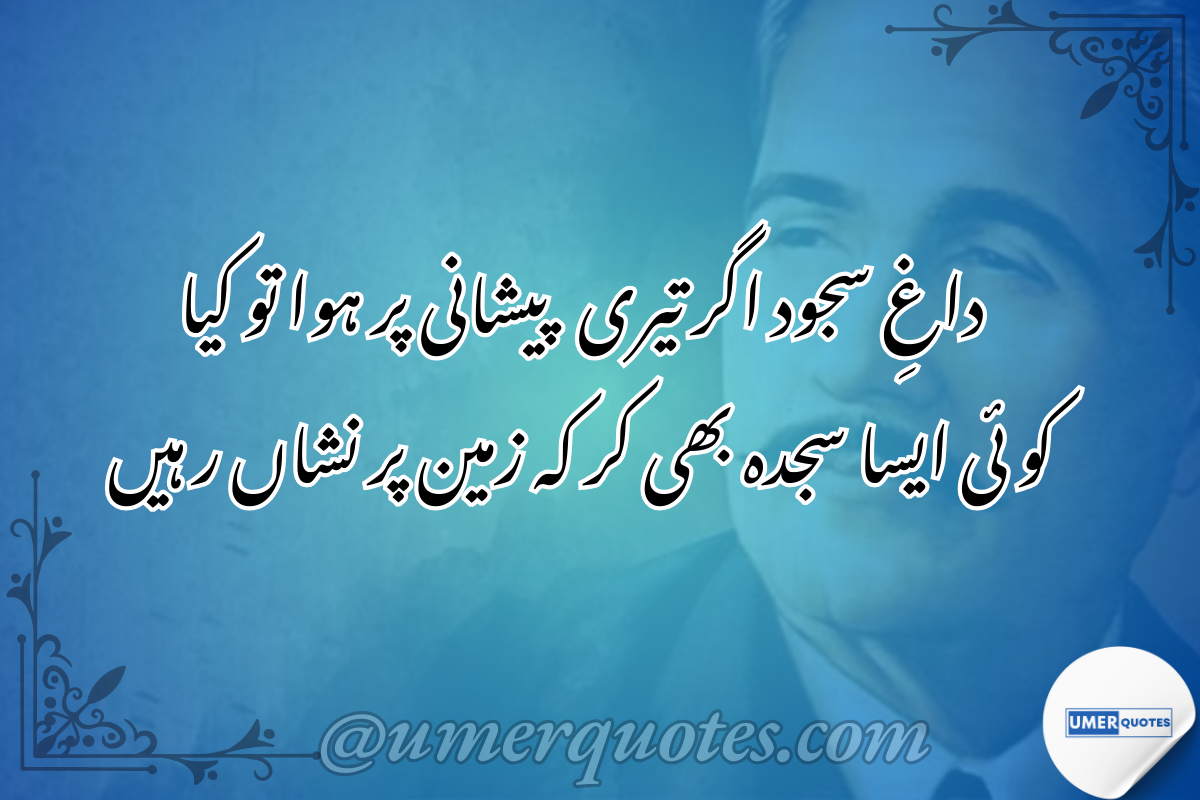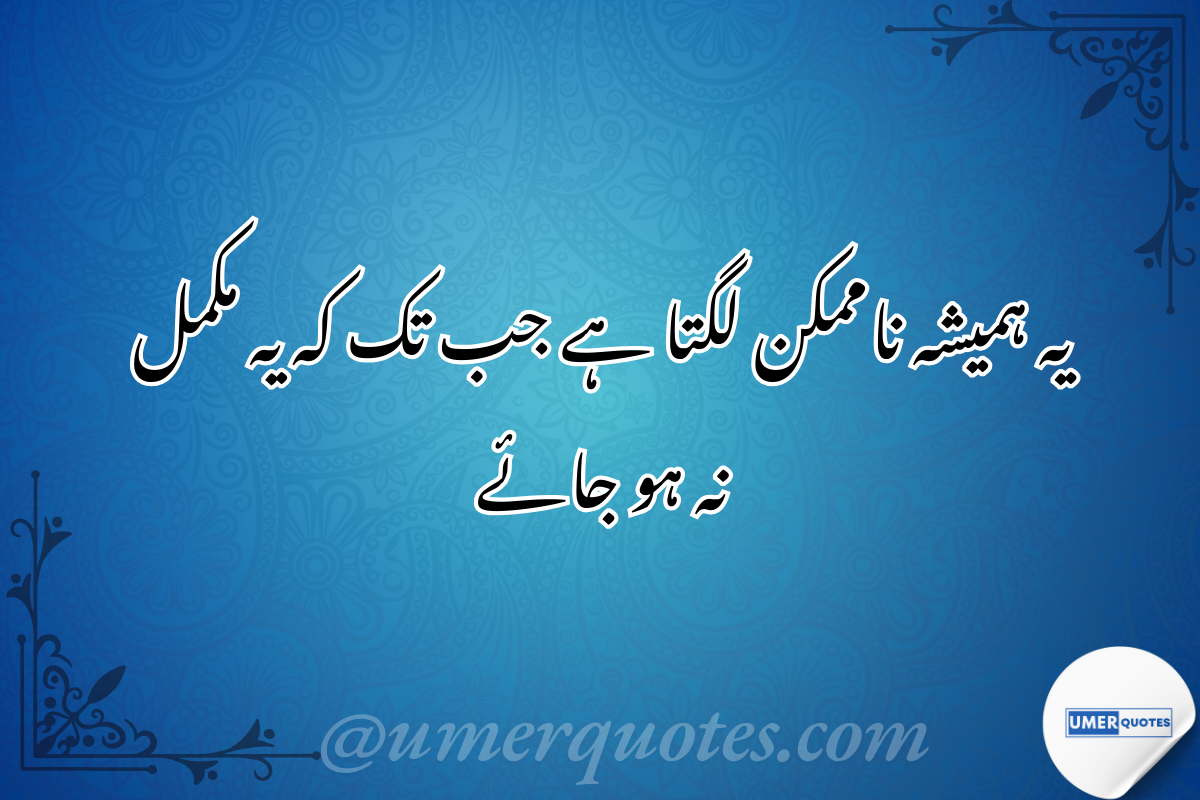
یہ ہمیشہ ناممکن لگتا ہے جب تک کہ یہ مکمل نہ ہو جائے
Faced with initial difficulties:
When we face a big goal or a difficult task in life, it often seems impossible. This feeling arises from fear, doubt, and lack of experience within us. But it is a fact that every success starts with the same impossibilities.
The power of action and belief:
When we take action with courage, determination, and consistency, over time obstacles are removed, and the “impossible” becomes possible. Each step teaches us that the impossible is just a state of mind, which can be defeated with hard work and belief.
Message:
This quote reminds us that the impossible only exists until we take action to make it possible. If you move forward with courage and determination, every major obstacle bows before your determination, and the task that once seemed impossible, becomes your success story.

پیچھے سے قیادت کرنا اور دوسروں کو سامنے رکھنا بہتر ہے، خاص طور پر جب آپ فتح کا جشن مناتے ہیں جب اچھی چیزیں ہوتی ہیں۔ جب خطرہ ہوتا ہے تو آپ فرنٹ لائن لیتے ہیں۔ تب لوگ آپ کی قیادت کو سراہیں گے
Philosophy of Leadership: Sacrifice and Responsibility:
This quote describes the qualities of a great leader. A great leader is one who leads his team in moments of success and gives them the opportunity to appreciate their hard work. At such moments, the leader stands back and praises others so that they feel respect and self-confidence.
Being on the front line in times of danger:
When situations are dangerous or difficult, a true leader puts himself on the front line. This attitude not only wins the trust of his team but also shows that the leader is willing to take responsibility not only for his own successes but also for risks and failures.
Message:
Leadership isn’t just about giving instructions, it’s about making sacrifices, giving others a chance, and presenting your team’s successes as their strengths. When a leader treats his team in this way, people not only recognize his leadership, but also sincerely respect him. This is the style of leadership that wins hearts and lays the foundation of a strong team.
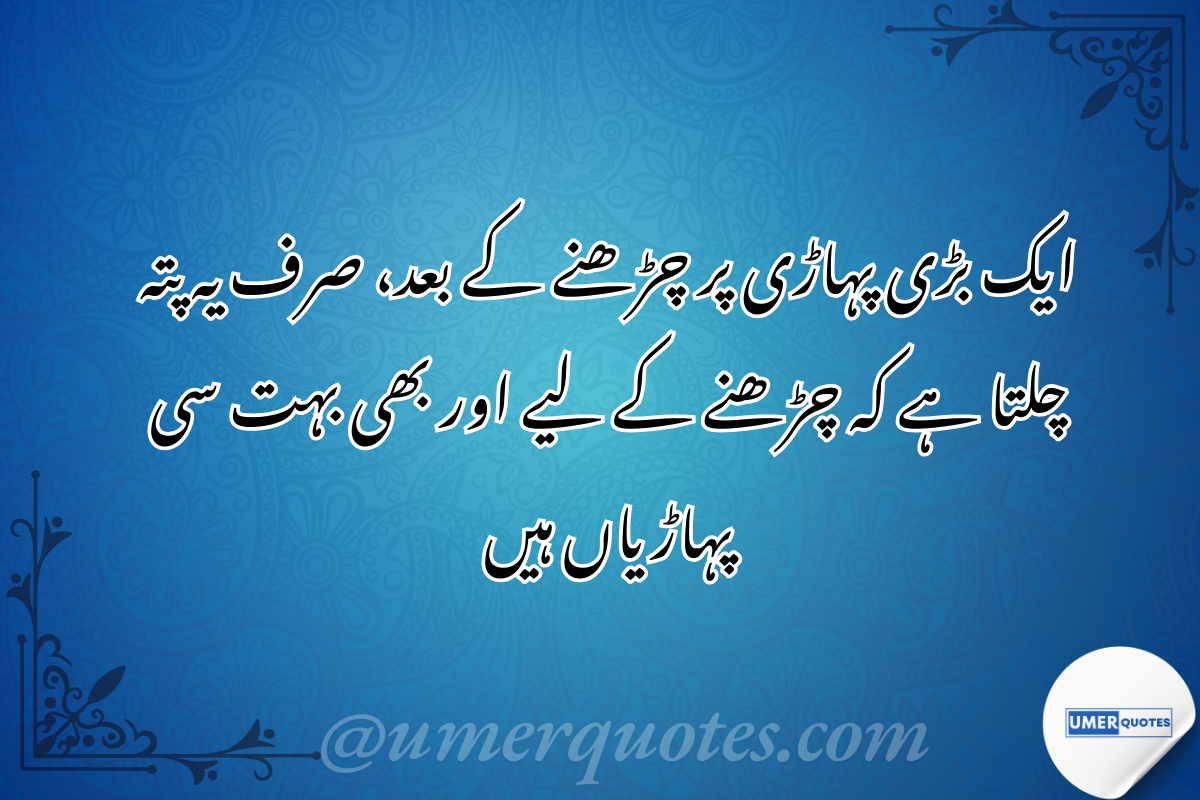
ایک بڑی پہاڑی پر چڑھنے کے بعد، صرف یہ پتہ چلتا ہے کہ چڑھنے کے لیے اور بھی بہت سی پہاڑیاں ہیں۔
A sense of accomplishment and achievement:
When we achieve a major achievement or goal in life, the moment gives a sense of great triumph. But it is also true that from this point we see new challenges and goals, which were previously hidden from our eyes. Every success prepares us for a new journey.
The reality of continuous growth:
This quote describes the fact of life that success does not mean stopping but moving forward. Every hill we climb leads us to higher and more difficult paths. These paths serve to enhance our abilities and make us stronger.
Message:
Life is a continuous journey, where every success marks a new beginning. What is important is that we accept every challenge with our hard work, courage, and determination and keep moving forward. Behind every hill a new world and a new scene awaits us.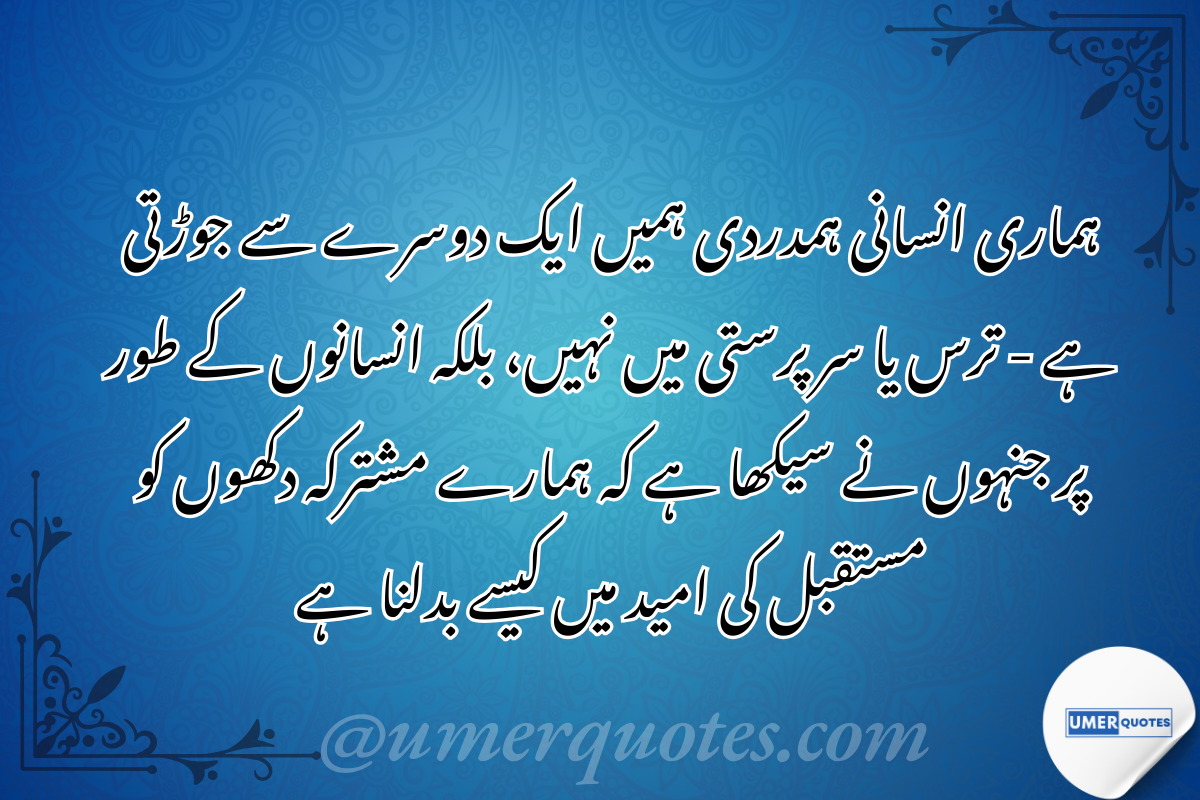
ہماری انسانی ہمدردی ہمیں ایک دوسرے سے جوڑتی ہے – ترس یا سرپرستی میں نہیں، بلکہ انسانوں کے طور پر جنہوں نے سیکھا ہے کہ ہمارے مشترکہ دکھوں کو مستقبل کی امید میں کیسے بدلنا ہے۔
Humanitarianism: A Message of Unity and Hope:
This quote describes the depth of human compassion. Compassion is not just feeling sorry for someone’s pain, but understanding and sharing the pain and suffering of others. This attitude makes us not just helpers, but real people who share their experiences with others.
Shared sorrow and hope for the future:
Our sorrows, pains, and challenges are often shared, even if they take different forms. These shared experiences bring us closer together and teach us how to turn adversity into hope and improvement. It is this spirit of humanity that motivates us to move forward and work for a better world.
Message:
Humanitarianism is not only a moral duty but a tool that brings us closer to each other and leads us to the path of collective progress. We must learn the art of turning our difficulties into hope and participate in building a world where there is less suffering and more light of hope.



